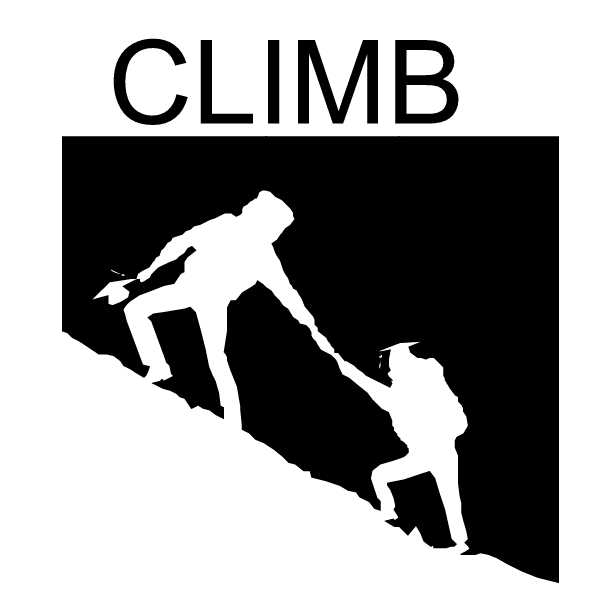Your Second Summer Job Search
 A law student's second summer is an important one. While some might see it as the last summer to hit the beach, others will recognize it as a time when an employer will be able to see you for a concentrated period of time before you graduate. This summer is most likely your last big chance to shine on a full-time basis for an employer.
A law student's second summer is an important one. While some might see it as the last summer to hit the beach, others will recognize it as a time when an employer will be able to see you for a concentrated period of time before you graduate. This summer is most likely your last big chance to shine on a full-time basis for an employer.
Your second summer job search is much different than your first summer search. Last year, the focus was on solid research and writing experience. Practice areas took a back seat, as the universe of employers who hire first-year students is smaller.
This time around is much different. The focus is on building your resume with experience with an employer who practices the kind of law you want to practice. Your job search this summer, therefore, might take a little more time and will take a little more effort that last year.
First, you need to ask yourself a few questions to make this hiring season effective. For what kind of employer do I see myself working after graduation? Firm? Government office? Public interest organization? What kind of law do I see myself practicing? Real estate? Criminal? Civil litigation? Entertainment? Is this the kind of law that I can generally practice right out of law school? Real Estate? Yes. Civil litigation? Yes. Entertainment? Hmmmm. If not, what kind of experience would be useful in order to transition into that field down the road? Contract work?
If you don't know the kind of law you want to practice after graduation (many do not), all is not lost. The key then is to select a job that gives you experience and skills transferable to various practice areas. Focus on general practice jobs instead of jobs in a particularly obscure practice area niche.
 The next thing to do is to to actively go about your search in a planned, methodical way. Set aside a time of day to conduct your job search responsibilities, including looking on the CSO website and looking for employers on pslawnet.org and martindale.com (targeted mailings to employers for summer jobs should go out some time in March). Make it a point to apply to employers on a regular basis, and pace yourself. And don't forget to search for opportunities in other ways, by contacting former employers and letting them know you are looking, and through informational interviewing. Speak with a CSO counselor to talk about any of these options.
The next thing to do is to to actively go about your search in a planned, methodical way. Set aside a time of day to conduct your job search responsibilities, including looking on the CSO website and looking for employers on pslawnet.org and martindale.com (targeted mailings to employers for summer jobs should go out some time in March). Make it a point to apply to employers on a regular basis, and pace yourself. And don't forget to search for opportunities in other ways, by contacting former employers and letting them know you are looking, and through informational interviewing. Speak with a CSO counselor to talk about any of these options.
Your resume(s) and cover letter(s) need to be perfect. Many students have different versions of their documents that emphasize different skills and practice areas. Thus, if you both drafted litigation documents and reviewed contracts for a former employer, you may want to emphasize drafting in the version of your documents that that go to litigation employers, and emphasize contract work for more transactional prospective employers. In any case, have your documents reviewed by a CSO counselor and then meticulously proofread them.
The traditional spring recruiting season extends from late February through May, June, and July. Do not think that the best jobs come along first, leaving slim pickings later in the season. On the contrary, great jobs appear throughout the spring, and it is only an employer's decision as to when to post a job that determines when you see it.


















